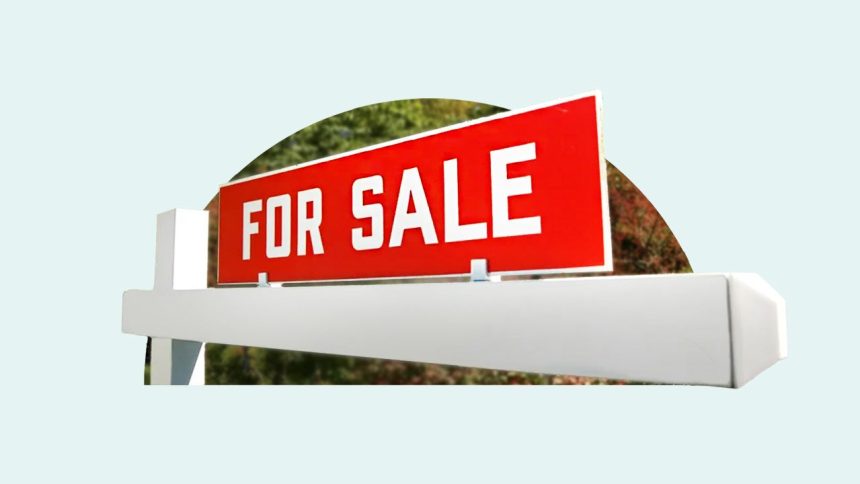Image by Adobe Stock; Illustration by Bankrate
Key takeaways
- The listing price of a property is literally the price at which a home is listed for sale — it’s the amount the seller ideally wants to get.
- Many factors go into determining listing price, including the home’s location, age, size and the prices of similar homes nearby.
- Listing price is not the same as sale price — a home may sell for well above, or below, its listing price once negotiations are complete.
When house hunters scroll through real estate listings online, they see a maze of information. But listing prices are the most important data point. This is the price tag of the home — the amount the seller is charging, or at least hopes to get. Read on to learn about how listing prices work, and what sellers should consider when setting theirs.
What is a listing price?
Listing price, also known as list price or asking price, is literally the price at which a home is listed for sale. Typically, the list price is determined with the help of a real estate agent and is based on the value of the home, the recent sale prices of similar homes nearby and other considerations.
The list price is often merely a starting point for negotiation and is not necessarily the final amount that the home will sell for. However, it has a considerable influence on the final sale price.
Determining the right listing price for your home
The process of establishing a good list price is important, because a home that’s priced well is likely to attract more prospective buyers and sell more quickly. Coming up with the right number is typically based on a variety of important considerations, including your home’s:
The best place to start is to look at what other similar properties nearby — known as comps — have sold for recently. The key word there is “recently,” as current local market conditions can play an outsize role in pricing. For example, if homes in your area have been moving quickly or generating multiple offers, you may be able to be more aggressive with your pricing strategy than you would if the market were in a quieter phase.
Remember, most homebuyers are looking at listings online, often within a specific price range. If your listing price is too high, your home may not sell in a timely manner, which costs you more in the long run. But if you list too low, you may get offers that don’t represent the home’s true market value. An experienced local real estate agent can help you find the sweet spot.
How renovations impact listing price
One important criteria to consider is the condition of your home. If you’ve invested in renovations, that may factor heavily into the listing price: A fixer-upper, for instance, would not likely ask as much as an already-upgraded, move-in-ready property.
However, a dollar in doesn’t necessarily translate to a dollar out — in other words, spending $60,000 on a kitchen remodel doesn’t mean you can simply tack $60,000 onto the home’s listing price. Most renovation projects do not recoup their full cost when they sell. In fact, according to the 2025 Remodeling Impact report from the National Association of Realtors, the only project that will actually recover 100 percent of its cost is installing a new steel front door.
If you’re not sure whether a renovation will be worth it, consult with an agent before you spend the money.
Listing price vs. selling price
While the listing price is the amount a seller initially asks for, the selling price reflects the price they actually got. The selling price, or final sale price, is the amount the home ultimately sells for after negotiations are complete.
These two amounts can vary widely and are often dependent on market conditions in your location. The gap is referred to as the sale-to-list ratio, representing how close sellers come to receiving their full asking price. For example, the sale-to-list ratio in Rochester, New York was 116.7 percent in June 2025, according to Redfin data. That means sellers typically closed sales for more than 16 percent above their listing price. In Atlanta, however, the sale-to-list ratio was 97.9 percent, which means buyers there were successfully negotiating prices down, at least by a little bit.
A real estate agent can help
Your listing price plays a huge role in how successful your home sale will be. Having a knowledgeable expert guide you through the nuances of choosing the right price is essential. Interview a few real estate agents to get a sense of their strategies for developing a listing price, and ask them about how the current market dynamics may impact your sale. Then, partner with the one who feels like the best fit for helping you find the right buyer.
Why we ask for feedback
Your feedback helps us improve our content and services. It takes less than a minute to
complete.
Your responses are anonymous and will only be used for improving our website.
Help us improve our content
Read the full article here















